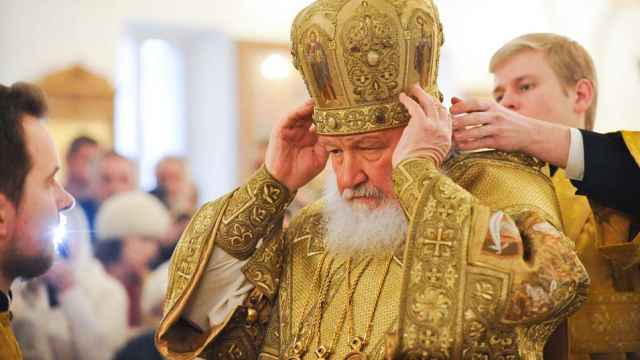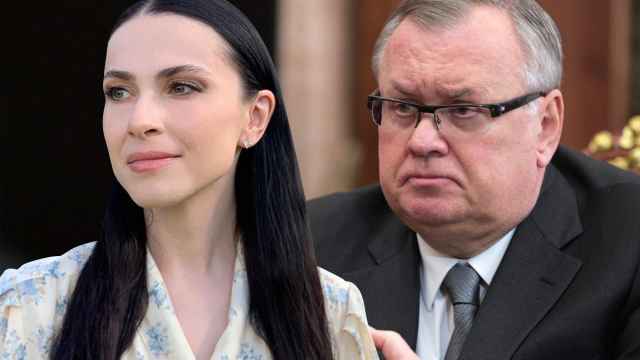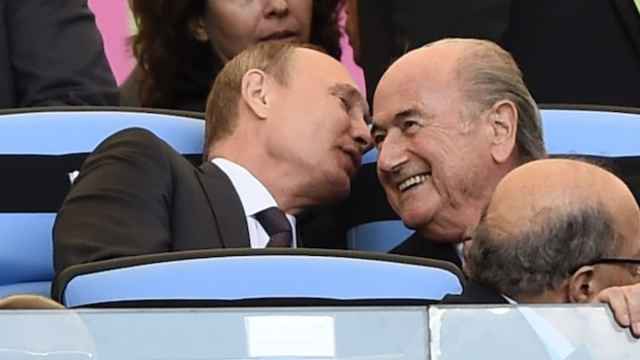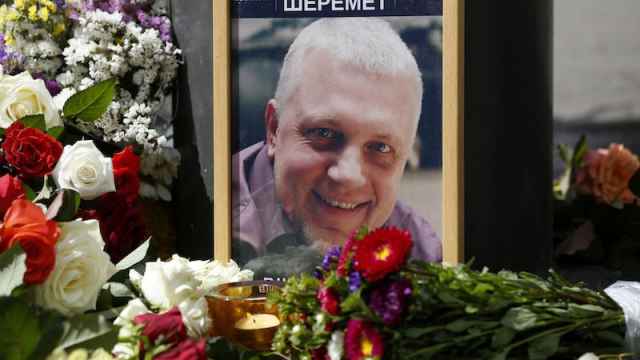Nathan Gill, the former leader of the right-wing populist Reform UK party in Wales, pleaded guilty this September to eight counts of bribery. The offenses took place in 2018 and 2019, when he represented Wales in the European Parliament as a member of Reform’s predecessor, the Brexit Party. Each count represents a time when Gill was paid by Oleg Voloshyn to make a “specific statement” to the benefit of Russia.
Convictions for bribery are rare in the U.K., and Gill is expected to do time in jail. This worrying case raises more questions than it answers. Evidence suggests that Voloshyn — a Ukrainian pro-Russian official and pundit — approached others during a period when he held influence in the European Parliament. But how widespread is the problem?
The “specific statements” Gill made will be familiar to anyone who tracks Russian propaganda. The 51-year-old has admitted that he took money to advance the position that certain pro-Russian Ukrainian TV channels were being treated unfairly by Ukraine, in the run-up to an important Ukrainian election.
“The current government, before an election, is putting undue pressure on independent TV channels like News One and Channel 112. If you do not have a free press, you cannot have a free and fair election,” Gill said in 2018 while discussing EU-Ukraine relations. He managed to shoehorn a similar remark into a debate about Kazakhstan the following year.
Whilst there are legitimate arguments to be had about press freedom in Ukraine, paying a foreign politician to make them is another matter. As a tactic, it resembles Russia’s habit of paying people to flood social media with comments before critical elections, creating the illusion of real grassroots support. “Astroturfing” has been observed in European countries split between Russian and EU influence, most recently in Moldova.
The complicity of Gill — a Western politician with no obvious links to the region — in an early astroturf style attempt to disrupt Ukraine from within — is something that should be given serious scrutiny by his own party, and by the European Parliament. Reform’s leader Nigel Farage has emerged largely unscathed. He denies all allegations that he knew about Gill taking bribes and has tried to distance himself from photos of himself socializing with Gill and Voloshyn’s wife. He also described investigations into connections between his allies and Russian officials as a “Russia hoax,” shifting the blame to his political enemies. Relations between Britain and Russia were worsening by 2018 after the Skripal poisonings and the annexation of Crimea.
Yet with hindsight, these years were a honeymoon period — with trade, travel and entertainment still routine. Four years before Russia launched its full invasion, Brussels did not hear Gill’s words for what they were – an attack on Ukrainian democracy. It seems highly unlikely that it happened in isolation.
One person benefited in particular from Gill’s dalliance with the now-defunct Channel 112 Ukraine. Gill was paid to appear on the channel in support of Viktor Medvedchuk, a pro-Russian Ukrainian politician and godfather to one of Putin’s children, charged with treason and exchanged in return for Ukrainian prisoners of war. The channel’s ownership was also linked to Medvedchuk. The sanctioned figure was ultimately responsible for a pro-Russian media network unearthed five years later in Prague, The Voice of Europe.
Until now, it looked like The Voice of Europe — which was sanctioned on suspicion of bribing right-wing MEPs from a variety of countries — was primarily active during the war in Ukraine, in 2023 and 2024.
Peter Bystron of Germany’s AfD is under investigation for allegedly accepting 20,000 euros from the network. Czech intelligence told the media that a recording exists of Bystron conducting the handover in a car, “rustling the money, and counting it.” He denies the allegations. Other MEPs such as Italy’s Matteo Gazzini denied receiving funds to appear on the network. The full list of suspected MEPs, said to include Belgium, Germany, the Netherlands, France, Hungary and Poland, has never been released.
Brussels can be slow to waive parliamentary immunity in cases of suspected bribery. Without clearing that first hurdle, an investigation cannot proceed. Recent lobbying scandals, “Qatargate” and “Huaweigate,” suggest this problem is going nowhere and is not confined to Russia. This year alone saw a record 16 prosecution requests against MEPs for bribery and 44 for fraud, embezzlement or theft. The long delays of up to a year make it harder to judge the scale of corruption and create a risk that more officials will be targeted while a decision is pending.
The European Parliament needs to provide clarity on when figures linked to Viktor Medvedchuk first approached officials in Brussels, and who was involved. The financial relationship between Gill, Medvedchuk and Medvedchuk’s agent, Voloshyn, which goes back to at least 2018, suggests an earlier date than previously thought. This is supported by the existence of a much earlier version of the site “The Voice of Europe,” created in 2016, registered in the Netherlands, and linked to the Dutch far-right politician Thierry Baudet.
Unless the bloc starts using its full powers to crack down on bribery, hostile actors will keep seeing the European Parliament as a safe space to pursue their own agendas.
There is a strain of pro-Russian thought running through the right in Europe, and stretching all the way to Washington, undermining support for Ukraine’s right to exist. Whilst politicians must be free to express their opinions in a democracy, there is a line between lobbying and bribery.
We have a right to know when that line has been crossed and by whom. There is growing evidence that Russia has been paying people in positions of power to make these comments.
A Message from The Moscow Times:
Dear readers,
We are facing unprecedented challenges. Russia's Prosecutor General's Office has designated The Moscow Times as an "undesirable" organization, criminalizing our work and putting our staff at risk of prosecution. This follows our earlier unjust labeling as a "foreign agent."
These actions are direct attempts to silence independent journalism in Russia. The authorities claim our work "discredits the decisions of the Russian leadership." We see things differently: we strive to provide accurate, unbiased reporting on Russia.
We, the journalists of The Moscow Times, refuse to be silenced. But to continue our work, we need your help.
Your support, no matter how small, makes a world of difference. If you can, please support us monthly starting from just $2. It's quick to set up, and every contribution makes a significant impact.
By supporting The Moscow Times, you're defending open, independent journalism in the face of repression. Thank you for standing with us.
Remind me later.








